Understanding Risk Tolerance for Smarter Investments
Celina Ochoa
Discovering Your Comfort Zone: Navigating Risk Tolerance
Investing can be a thrilling yet daunting endeavor, as balancing opportunities with their potential losses is inherently challenging. Our relationship with risk is deeply personal and can significantly impact our financial decisions. Recognizing and understanding your risk tolerance is crucial in ensuring your investment journey aligns with your comfort zone and goals.
Exploring the Connection Between Risk Tolerance and Uncertainty
Risk embodies both opportunity and potential loss. Your comfort with uncertainty, along with your reactions to financial volatility, shapes your risk tolerance. For instance, consider past market scenarios—if you find yourself selling during downturns, you might be more conservative. Conversely, if you tend to buy during volatile periods, you may have an aggressive stance.
The Role of Your Investment Time Horizon
Time plays a pivotal role in assessing risk levels. Younger investors often have the luxury of time to recover from potential setbacks, allowing them to tolerate greater risks. In contrast, those approaching retirement might prioritize stability to safeguard their nest egg. Aligning portfolio strategies with one's life stage is pivotal for financial security.
Aligning Your Investments with Objectives
Investment goals vary widely, from retirement savings and capital preservation to income generation. These objectives heavily influence the optimal level of risk in your portfolio. Tailoring your investment strategies to meet both short-term and long-term goals ensures your actions reflect your financial ambitions.
Considering Additional Influences
Several other factors, such as your income levels, anticipated future earnings, age, and overall risk capacity, play into risk tolerance. Alongside emotional comfort, consider your ability to absorb financial shocks. Reflecting on these aspects empowers you to assess your risk capacity more holistically, ensuring it aligns with your broader financial landscape. Understanding your risk tolerance is an essential step toward achieving your financial goals. This understanding is not static; it evolves with life circumstances and market conditions. Therefore, regularly revisiting this aspect of your financial strategy is vital.
For personalized guidance to accurately assess your risk tolerance and refine your portfolio strategy, consider reaching out for professional support. A consultation or risk assessment service can be invaluable in aligning your investments with your goals and comfort level.
Disclaimer: To the fullest extent permissible pursuant to applicable laws, Haynie Wealth Management (referred to as "Haynie") disclaims all warranties, express or implied, including, but not limited to, implied warranties of merchantability, non-infringement and suitability for a particular purpose. None of the information provided in this publication is intended as investment, tax, accounting or legal advice, as an offer or solicitation of an offer to buy or sell, or as an endorsement of any company, security, fund, or other securities or non-securities offering. The information should not be relied upon for purposes of transacting securities or other investments. All sources are deemed to be reliable, but are not guaranteed and should be independently verified. In no event shall Haynie Wealth Management have any liability to you for damages, losses and causes of action for accessing this information. Past performance is not indicative of future results.








